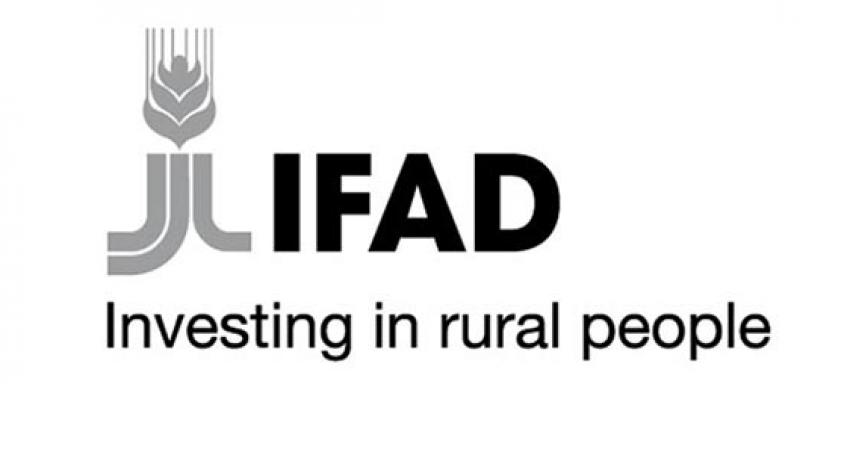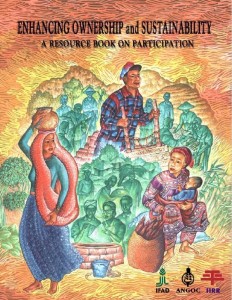Focal point
Location
The International Fund for Agricultural Development (IFAD), a specialized agency of the United Nations, was established as an international financial institution in 1977 as one of the major outcomes of the 1974 World Food Conference. The Conference was organized in response to the food crises of the early 1970s that primarily affected the Sahelian countries of Africa. The conference resolved that "an International Fund for Agricultural Development should be established immediately to finance agricultural development projects primarily for food production in the developing countries". One of the most important insights emerging from the conference was that the causes of food insecurity and famine were not so much failures in food production, but structural problems relating to poverty and to the fact that the majority of the developing world's poor populations were concentrated in rural areas.
IFAD's mission is to enable poor rural people to overcome poverty.
IFAD is dedicated to eradicating rural poverty in developing countries. Seventy-five per cent of the world's poorest people - 1.4 billion women, children and men - live in rural areas and depend on agriculture and related activities for their livelihoods.
Working with rural poor people, governments, donors, non-governmental organizations and many other partners, IFAD focuses on country-specific solutions, which can involve increasing rural poor peoples' access to financial services, markets, technology, land and other natural resources.
Resources
Displaying 81 - 85 of 102Tackling land degradation and desertification: GEF - IFAD partnership
Desertification occurs in drylands,which span a third of the earth ’s land surface in over 110 countries.It influences the lives of about 500 000 people – the so-called environmental refugees –including many of the world ’s poorest and most marginalized populations. Each year 12 million hectares (ha)are lost to deserts.That is enough land to grow 20 million tonnes of grain.
Enhancing Ownership and Sustainability: A Resource Book on Participation
The publication focuses on participatory processes and their management, and presents a broad range of concrete experience with different tools. It is assumed that the reader is already familiar with the use of tools like PRA/PLA/PME and is now interested in second generation issues related to project design, training and measurement of impact associated with the use of participatory processes. Each article reflects a specific experience. As such, it has its own validity.
Enhancing Ownership and Sustainability: A Resource Book on Participation
The publication focuses on participatory processes and their management, and presents a broad range of concrete experience with different tools. It is assumed that the reader is already familiar with the use of tools like PRA/PLA/PME and is now interested in second generation issues related to project design, training and measurement of impact associated with the use of participatory processes. Each article reflects a specific experience. As such, it has its own validity.
Enhancing Ownership and Sustainability: A Resource Book on Participation
The publication focuses on participatory processes and their management, and presents a broad range of concrete experience with different tools. It is assumed that the reader is already familiar with the use of tools like PRA/PLA/PME and is now interested in second generation issues related to project design, training and measurement of impact associated with the use of participatory processes. Each article reflects a specific experience. As such, it has its own validity.
Enhancing Ownership and Sustainability: A Resource Book on Participation
The publication focuses on participatory processes and their management, and presents a broad range of concrete experience with different tools. It is assumed that the reader is already familiar with the use of tools like PRA/PLA/PME and is now interested in second generation issues related to project design, training and measurement of impact associated with the use of participatory processes. Each article reflects a specific experience. As such, it has its own validity.






